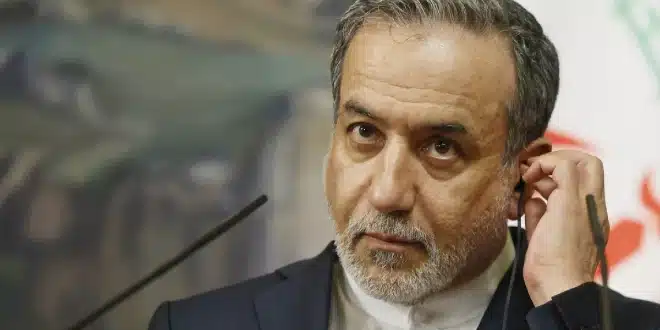High-level talks between the United States and Iran are set to resume in Rome on Saturday, aiming to revive stalled negotiations over Tehran’s nuclear ambitions. Iranian Foreign Minister Abbas Araghchi arrived in the Italian capital for discussions mediated by Oman, where he is expected to meet US envoy Steve Witkoff. The dialogue follows indirect talks held in Muscat a week ago, marking the first such engagement since the US withdrew from the 2015 nuclear agreement under President Donald Trump in 2018.
While both parties described the initial Muscat round as constructive, skepticism remains. Iran continues to deny accusations of seeking nuclear weapons, maintaining that its nuclear activities are intended solely for civilian energy purposes. The US, however, has reiterated concerns over Iran’s uranium enrichment, now reaching 60%, well beyond the 3.67% cap set by the original accord—though still short of the weapons-grade threshold of 90%.
Mounting Pressure and Red Lines
President Trump, who reimposed sweeping sanctions on Iran during his first term, has indicated he prefers a diplomatic path, though he has warned military action remains an option. Iranian leaders, meanwhile, are adamant about defending their right to enrich uranium and have rejected expanding the talks to include missile capabilities or regional influence.
Araghchi said that while Iran remains open to a nuclear agreement, this is only possible if the US avoids imposing unrealistic demands. Tehran insists that discussions must strictly focus on sanctions relief and nuclear restrictions, not its missile program or regional alliances. The Revolutionary Guard also declared military strength and regional clout to be red lines, not up for negotiation.
Despite tensions, both sides appear to recognize the urgency of the situation. The window for diplomacy is narrowing, with the option to trigger a UN snapback mechanism to reimpose sanctions set to expire in October. Rafael Grossi, head of the UN’s atomic watchdog, warned that time is running out and emphasized that Iran is edging closer to a potential nuclear weapons capability.
The talks come at a delicate moment, with Israel reaffirming its stance against a nuclear-armed Iran and pledging to take necessary measures to prevent such an outcome. Trump’s administration has continued airstrikes against Houthi forces in Yemen, an Iran-backed group, while maintaining a reduced military footprint in Syria and Iraq.
Iran’s Supreme Leader Ali Khamenei has cautioned against placing too much hope in the outcome of the negotiations, reinforcing domestic doubts about American intentions.


